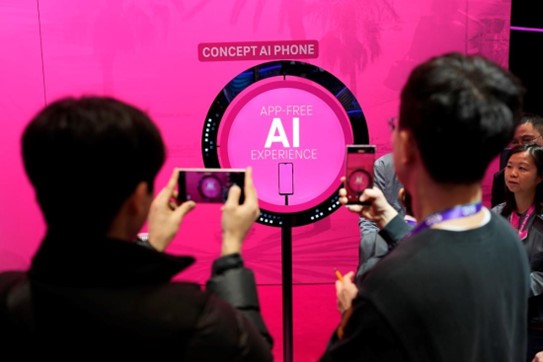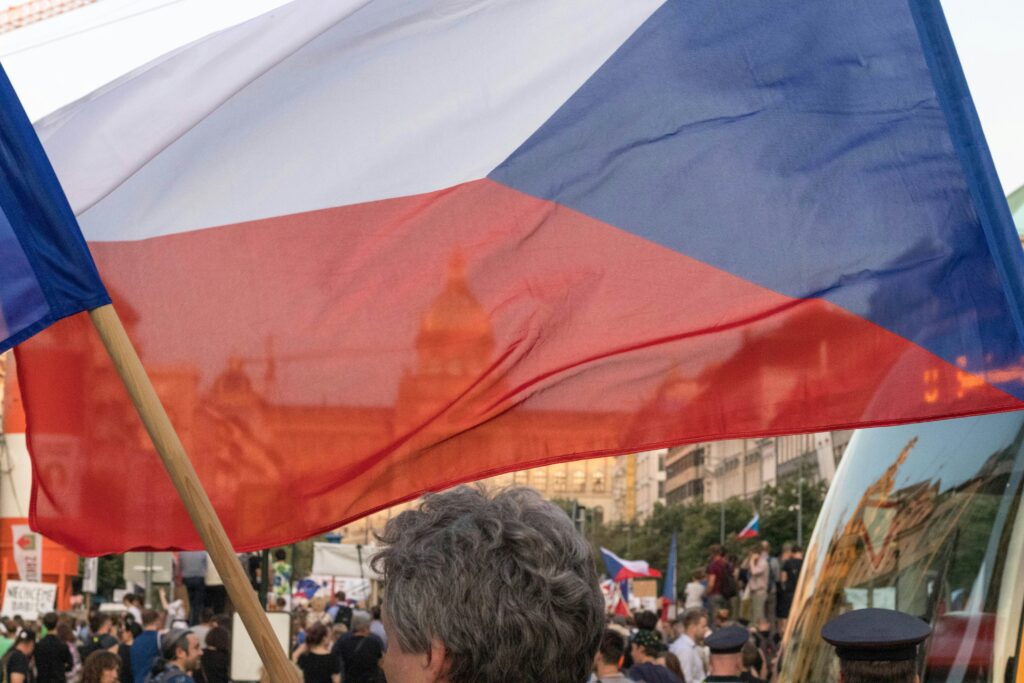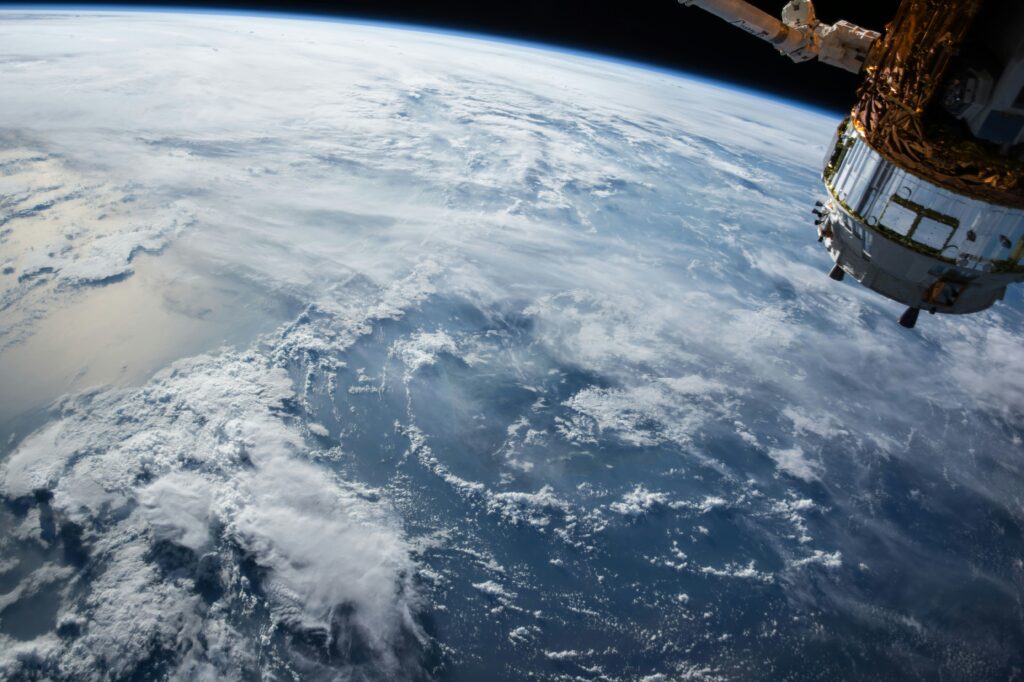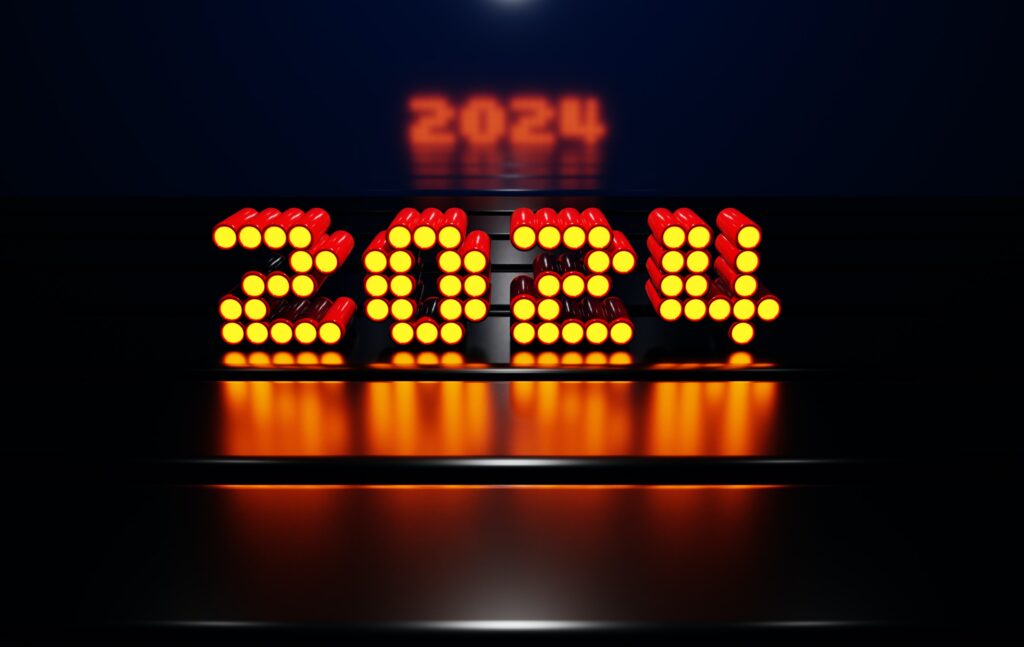Mobile World Congress (MWC) 2024 has closed its 19th edition with a return to pre-pandemic figures, pulling in 2,400 exhibitors and more than 95,000 attendees from all over the world. Once again, this congress held in Barcelona has become the epicentre of technological innovation, with artificial intelligence, sustainability and diversity as three of the trends that have been the protagonists of this edition. Our Brands2Life Global partner Canela PR shares the key takeaways:
A MWC with fewer devices and more solutions
With no flagship handset grabbing the headlines, artificial intelligence (AI) was omnipresent at this year’s edition. In the MWC 2024 conference programme, experts have unpacked its many applications: from the creation of digital twins to revolutionise medicine to applications in scientific policing. They also warned of its negative consequences, ranging from deepfakes to the ecological footprint of algorithms.
The Spanish Government took the opportunity to announce the creation of its own AI developed by the Barcelona Supercomputing Center and the Spanish Academy of Language. We have also seen many mobile phones with AI, as well as various proposals for transparent, flexible and even screens that project onto the palm of the hand. There was also the usual repertoire of gadgets, from Smart Rings to flying cars.
Along with AI, security and privacy have been the focus of much of the news. Telefónica and Palo Alto Networks announced a collaboration to offer managed cloud security services to facilitate the digital transformation of companies. Meanwhile, the Utiq platform, driven by Deutsche Telekom, Orange, Telefónica and Vodafone, unveiled its alternative to cookies for managing online user consent and data protection. While Germany’s ng-voice presented a cloud-based solution to end phone spam and call spoofing, a problem that already affects more than 40 % of phone traffic in Spain.
Sustainability and diversity are in MWC’s DNA
Since its beginnings, Mobile World Congress stood out for its commitment to sustainability. The congress is held at Barcelona’s Gran Vía venue, one of the most modern venues in Europe, which is covered with more than 25,000 solar panels. There are also ecological nods to details such as the reduction of printed materials, the generalisation of digital accreditations and even the recycling of the carpets in the event’s corridors.
Sustainability has been a central theme at this year’s edition, with initiatives to recycle the 5 billion used phones on the planet. This commitment to the regenerative economy involves taking advantage of their materials to create new devices or manufacture batteries for electric cars. Precisely the electric car, which is experiencing a slowdown in sales in Europe, could benefit from proposals such as the one launched by Wallbox, a Barcelona-based electric vehicle charger company, which has presented a system for storing surplus solar energy produced by households in the batteries of these vehicles.
Mobile World Congress 2024 also wanted to further promote diversity in the technology sector. For this purpose, it has a parallel event, the Diversity4Tech, in which experts from all over the world pointed out the urgency of reducing the digital divide between countries and combating racial and gender biases in AI. Emerging countries are calling for a more prominent participation in the technology market, with initiatives such as the creation of a fund for the promotion of e-commerce in Africa.
Lots to think about and here’s to seeing how these initiatives take hold and evolve ahead of MWC 2025!




